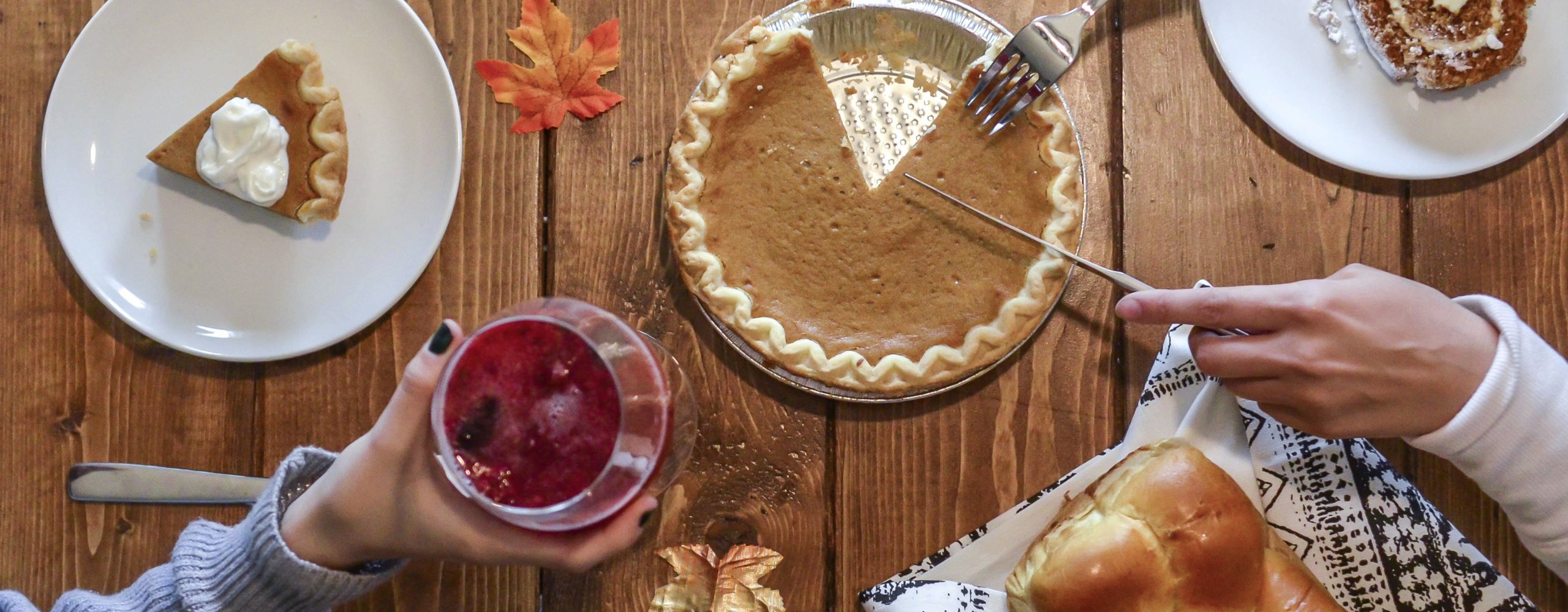My grandmother didn’t give anyone Christmas presents when President Obama was in office. She was convinced that his "socialist" policies were going to drain her bank account and that if she didn’t save every penny, she would be left with nothing to live on. One Thanksgiving, she stood up from her place at the head of the table, as if prepared to say grace. As the room quieted down, she launched into an off-color joke about Obama and climate change. For her, it was worth destroying a solemn family moment to raise alarm at what she saw as government overreach.
However, for someone who is entirely convinced that climate change is a liberal hoax, my grandmother actually lives a fairly green life. A child of the Great Depression, she grew up reusing everything from plastic bags to butter containers, buying well-made products that would last years, and saving energy whenever possible. While she might shut down during a discussion about lifestyle choices when framed as saving the environment, she would be happy to share how those exact same choices make her a better person than today’s spoiled youth.
As I mentally prepare for the upcoming holidays in my home in North Carolina, these dinnertime family conversations weigh heavily on my mind. While I sometimes engage indirectly when it comes to climate change issues, using NCSE's no-conflict approach, mostly I plan to listen this time and hopefully understand my grandmother's perspective.


